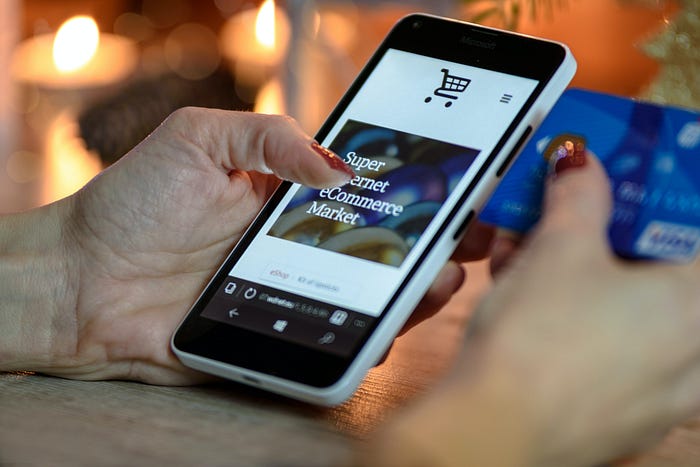
When developing your first app, there are several important keys to keep in mind to increase your chances of success. Here are some key considerations:
- Define clear goals and objectives: Clearly define the purpose and goals of your app. Understand the problem it solves or the value it provides to users. This will help you stay focused and guide your decision-making throughout the development process.
- Research your target audience: Understand your target audience’s needs, preferences, and behaviors. Conduct market research to identify potential competitors, assess user demand, and uncover any gaps in the market that your app can fill. Tailor your app’s features and user experience to cater to your target audience.
- Plan the user experience (UX): Design a user-friendly and intuitive interface that provides a seamless and enjoyable experience for users. Consider user flows, navigation, and visual design elements to create a visually appealing and engaging app.
- Start with a minimum viable product (MVP): As a first-time app developer, it’s wise to start with an MVP, which is a stripped-down version of your app with essential features. This allows you to launch quickly, gather user feedback, and make improvements based on real-world usage.
- Choose the right technology stack: Selecting the appropriate technology stack is crucial for app development. Consider factors such as platform compatibility (e.g., iOS, Android), development languages (e.g., Swift, Java, JavaScript), and any frameworks or tools that can streamline the development process.
- Follow a development methodology: Adopt a structured development methodology, such as Agile or Scrum, to manage your development process effectively. This helps with project organization, regular feedback loops, and flexibility to adapt to changing requirements.
- Test rigorously: Ensure thorough testing at different stages of development. Conduct unit tests, integration tests, and user acceptance tests to identify and fix issues before launching your app. Testing helps ensure the app functions as expected and provides a smooth user experience.
- Consider scalability and future enhancements: Design your app with scalability in mind, allowing for potential growth and future feature enhancements. This includes considerations such as database design, backend architecture, and modular code structure.
- Prioritize security and data privacy: Incorporate robust security measures to protect user data and ensure privacy. Implement secure authentication, data encryption, and best practices for handling sensitive information.
- Seek feedback and iterate: Launch your app and actively seek feedback from users. Use this feedback to make iterative improvements and refine your app’s features and user experience. Regular updates and enhancements based on user feedback help maintain user engagement and attract new users.
Remember that developing your first app is a learning experience, and it’s normal to encounter challenges along the way. Stay open to learning, adapt to changes, and continuously improve your skills as you gain more experience in app development.
Tags
Make First Time App